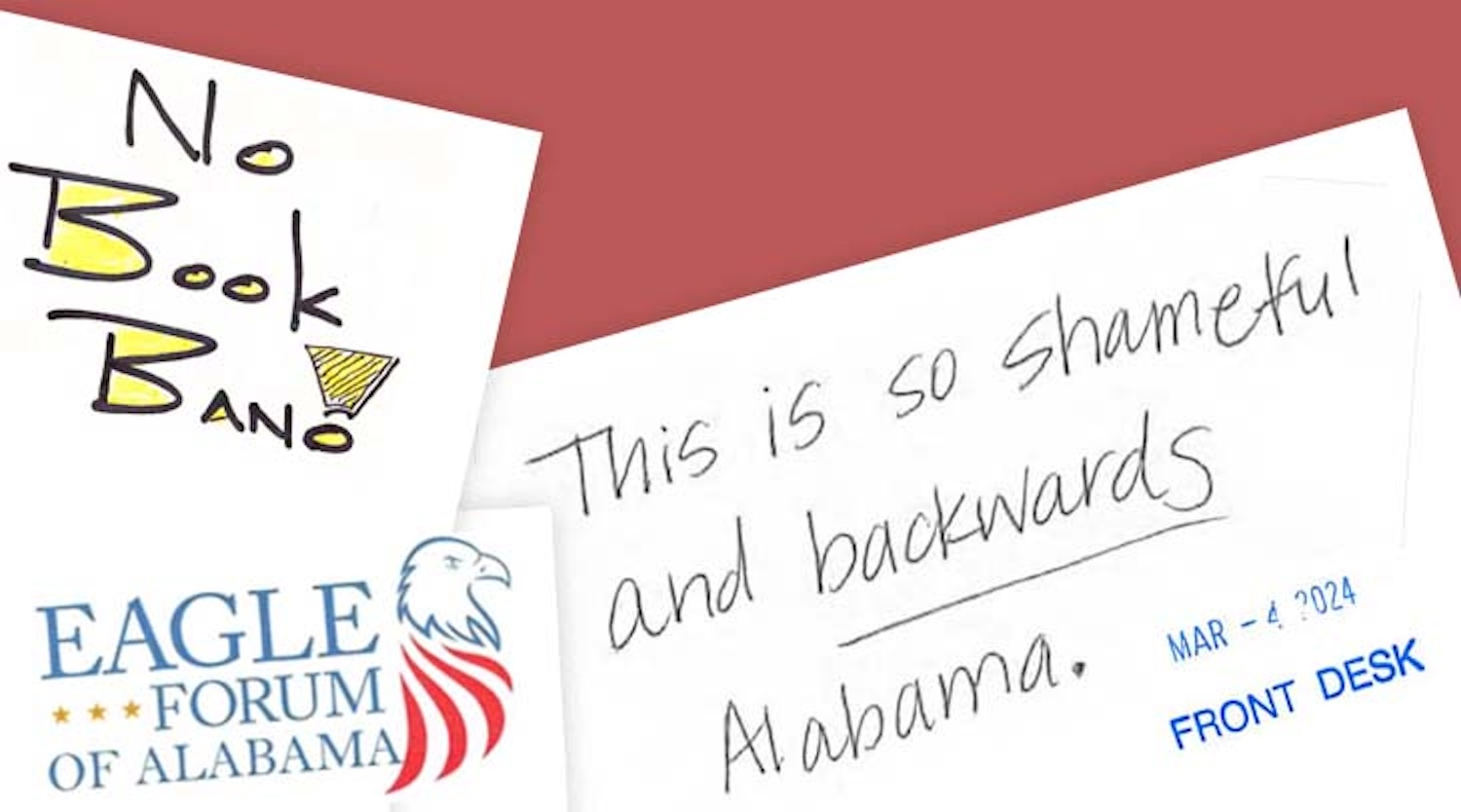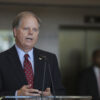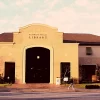The public comment period is now open on proposed changes to the Alabama Public Library Service administrative code that would classify as inappropriate “material that promotes, encourages, or positively depicts transgender procedures, gender ideology, or the concept of more than two biological genders.”
Clean Up Alabama sent out an email to supporters this week encouraging them to begin submitting public comments in favor of the change, while also going beyond the scope of the rule change to include “sexual orientation” and support the complete removal of the books.
“As we suspected, many libraries took advantage of the vagueness of the term ‘inappropriate’ and have not removed or stopped purchasing inappropriate materials,” the email stated.
The proposed amendment comes from APLS board member Amy Minton, who has made it clear from the beginning that she would like to see cut material banned from sections for minors. The public comment session is open for 45 days and will conclude at 4:30 p.m. on October 14. A public hearing will be held on the matter at 10 a.m. on October 21 at the APLS office in Montgomery.
The email from Clean Up specifically calls on libraries to completely remove “materials that promote gender ideology, transgenderism, transgender procedures, or sexual orientation,” claiming that they conflict with Alabama’s “What is a Woman Act,” the Vulnerable Child Compassion and Protection Act (VCAP), or “recent federal executive orders affirming that there are only two sexes, male and female, as fixed realities.”
The group is also calling for the APLS definition of “sexually explicit” to be codified into the state administrative code, as some critics have charged that the agency’s definition holds no weight since it is not currently in the code itself. That definition considers materials to be “sexually explicit” for descriptions of sexual intercourse or even nudity, without regard to the material as a whole.
Clean Up Alabama is calling for “automatic removal” of these materials “without relying on the ‘Miller test’ or waiting for public challenges.”
“Library staff and boards should be responsible for identifying these materials,” the email states. “Any library failing to comply should lose APLS funding until the matter is corrected.”
The Miller Test is a U.S. Supreme Court precedent for identifying obscenity, which determines the extent to which the government can restrict speech. In the case of minors, the New York state case Ginsberg v. New York created a similar standard for minors known as the Miller-for-minors test. It is the same as the Miller Test, with some consideration for the difference between what is obscenity for adults and for children.
The group claims in its email that it has legal precedent on its side.
“We have been consistent and confident in our requests from day one because we knew we had the correct interpretation of the law on our side, even though we were wading into unprecedented territory,” the email said. “We did not need court rulings to address this issue head on for us to press forward confident in the outcome, especially with common sense on our side. But now, we not only have common sense but we have precedence to back up our simple request to protect children in publicly funded libraries.”
The email cites two recent decisions as legal support for their proposed changes: Little v. Llano County and Free Speech Coalition v. Paxton. The first case dealt with a Texas library that removed 17 books from its shelves, while the latter allowed age verification for pornographic websites.
“These cases confirm that removing inappropriate materials for minors is not censorship but responsible governance,” the email said. “Libraries may manage collections to ensure age-appropriate content, and states may apply stricter standards beyond the Miller test to safeguard children.”
The email does not reference a decision in Florida, which is part of the 11th Circuit with Alabama, that granted summary judgment against a Florida law that allowed for the removal of materials outside of the scope of the Miller-for-minors test. The judge found that prohibiting books in Florida schools outside of that test “plainly slip into those barred by the First Amendment.”
The next meeting of the APLS board is scheduled for Sept. 18, where the board will likely decide whether to restore or permanently revoke funding from the Fairhope Public Library for allegedly violating the state aid requirement by keeping “sexually explicit” content in youth sections.




















































